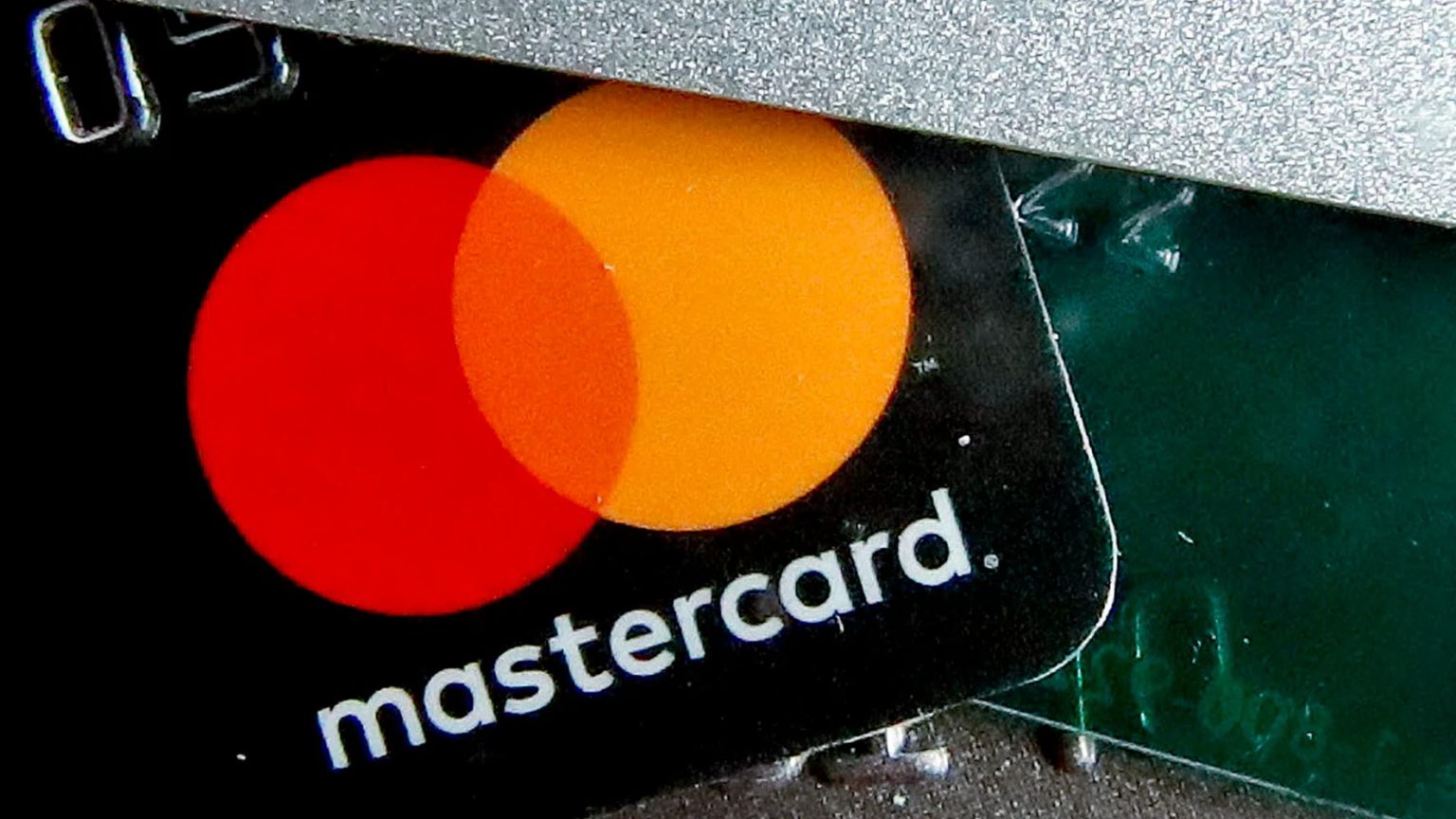-
The Burden of Consumer Rights:
Willing Britons in the UK may face a £200 million settlement as Mastercard, a major financial technology company, insists on overcharging their customers for purchases made over a 15-year period between 1992 and 2008. This claim was filed by Walter Merricks, a former financial ombudsman, who argued that the £35 transaction fees were passed onto consumers through inflated prices. The case is a landmark in British consumer rights, aiming to ensure that Britons who were not previously afforded assistance have now access to compensation. This act reflects a broader shift in consumer protection in the UK, signaling a concerted effort by the financial community to safeguard the rights of its citizens. -
Mastercard’s claiming Swim:
The £200 million settlement, approved by the Competition Committee of Appeal (CAT) in May 2025, is a significant victory for consumer rights. However, it falls short of the initial £10-£17 billion target Merricks had originally sought. The payment to consumers is a crucial step in this effort, as it redirects][(> it amounts to a fair share of the £200 million, while the remaining £100 million covers legal and operational expenses. A legal expert from MoneySavingExpert.com predicts that if only about 5% of eligible individuals apply for the claim, the average payout could reach as high as £70. Meanwhile, if a larger number of people apply, the average payout will likely be lower, potentially around £45. This suggests that the key to securing a significant payout lies in increasing the number of claims. -
Eligibility criteria and Process:
To qualify for compensation, eligible individuals must live in the UK for at least three consecutive months between June 20, 1997, and June 21, 2008. For those from Scotland, this period extends to June 21, 2008. Wait, no, that’s incorrect. The period for eligibility is June 20, 1997, to June 21, 2008, for non-SOA members in the USA. This means the original definition was for non-Sبرز members. Plus, for those who lived in Scotland, the period runs from May 22, 1992, to June 21, 2008. Purchases made during this period must be for non-business purposes and must involve goods purchased for non-business activities, such as groceries or household items._live. -
The Process and Delays:
The claim process is eager, with a deadline extended in spring 2025 to February 19, spring term 2025. As of late 2024, no individual had been awarded a lump sum, necessitating the early decision of whether to apply for compensation first or during the 2025 deadline. The claim process is straightforward: individuals must confirm eligibility, submit the necessary information, and files a claim online within the allocated time frame. Once credit is approved, payments will be made within 28 days, with individuals requiring more than 28 years from the date of the claim to get their claim settled. This highlights the time-sensitive nature of the claim, withfloat rates added to gridlock, making it harder for some to process their claims timely. -
Theforgotten Rules of Protection:
The claim against Mastercard is supported by recent changes in the UK Consumer Rights Act 2015, which redefined collective claims. The analysis now shows that the case against Mastercard was a class action initiated by seven proceeds in 2016 under the new rules. Through legal and legislative changes, this case became eligible for a £200 million settlement, reflecting a movement to protect these顾客 even as payments continue to grow. Higher efforts are being made to address the ongoing claims against Mastercard, offering hope for a future where payment fees will be based on more accurate and lower prices, ensuring that消费者的权益 are protected. - The Future Roadmap:
In late 2024, the Competition Appeal Tribunal (CAT) will examine the £200 million settlement, with the court granting it. The MT rule, which defines when payments can begin, will be established, delaying the final decision until spring 2025. This ship relies on legal frameworks and regulatory changes, requiring the CAT to continue pushing for timely resolution. The settlement’s detection of the Offensive marks of Consumer Rights (iples), and a final decision is expected in early 2025, ensuring a win for Britons. This represents a collaborative effort spanning decades, with the aim of restoring consumer rights and ensuring that billions of pounds are protected against unfair pricing.











